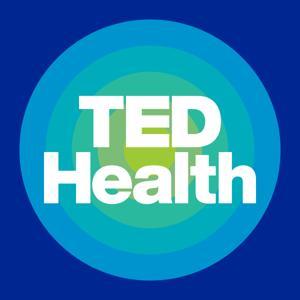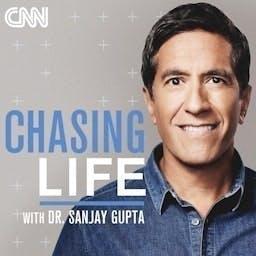How does trauma shape identity, trust, and connection in relationships? In this episode, we spoke with Thema Bryant, PhD, author of Matters of the Heart: Healing Your Relationship with Yourself and Those You Love, to unpack how PTSD can show up in intimacy and everyday life through hypervigilance, shame, emotional overwhelm, and disconnection, and the pathways to healing. From safe relationships and self-compassion to community and spirituality, we look at how recovery happens over time. This is a conversation about naming harm, rejecting shame, and making space for growth, hope, and wholeness on the other side of trauma.
This episode includes discussion of sexual assault, trauma, and PTSD. Some listeners may find this content difficult or triggering. Please take care while listening, and consider reaching out for support if needed.
Credits
- Host: Neha Pathak, MD, FACP, DipABLM
- Guest: Thema Bryant, PhD
- Producer/Editor: Lauren Summers
- Show Notes: Lauren Summers
See omnystudio.com/listener for privacy information.




































